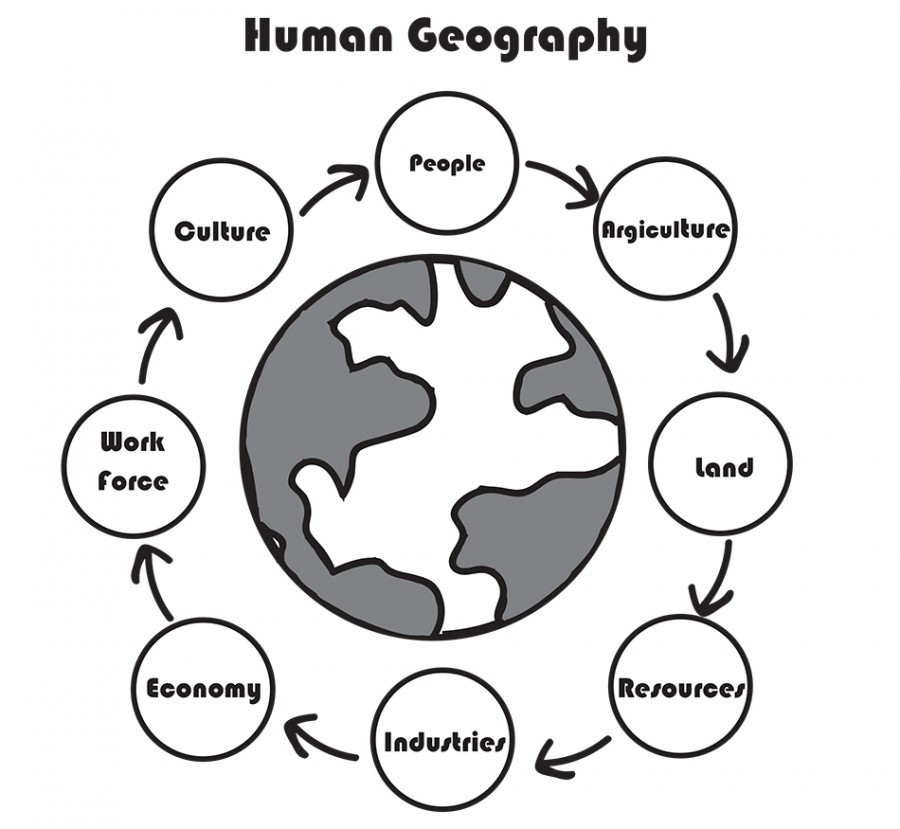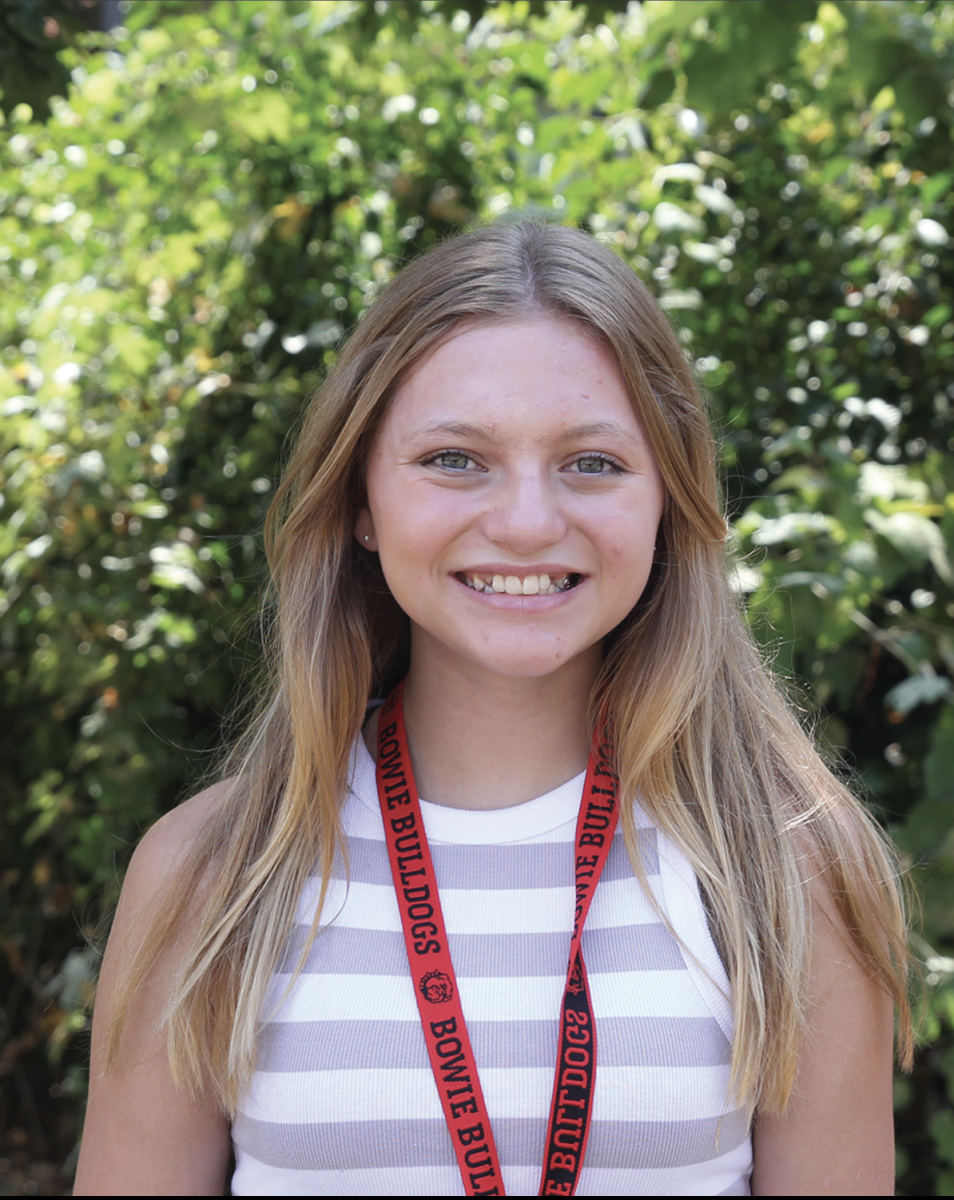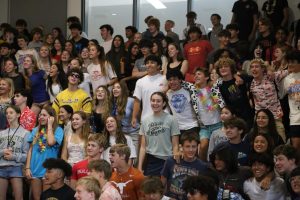Expanding new horizons, a focus of new AP class
April 17, 2016
Human interactions lead to the development of evniromental changes that affect people in return. These intertwining subjects can range anywhere from urban design, country development levels, agriculture, and internal and external migration.
The study of these interactions is also known as human geography. Next year at Bowie a semester long AP human geography course taught by current world history teacher, Nicholas Stamper, will be offered as an elective for the first time to allow students to explore the impact of humans on the earth.
“Geography is a discipline that focuses on the spatial aspect of any issue. Human geography focuses on issues more closely related to people than a physical geography course might,” Stamper said.
People who take world geography learn about climatology, geology and even phrenology while students who take human geography will learn different topics.
“We will examine how cities are designed to meet the needs of people. We will also examine how agriculture works and provides for people in different parts of the world,” Stamper said. “This course dives into a lot of information about culture by looking at the complexities of things like language and dialect. We also study demographics and how growing, shrinking and stagnate populations create different problems and opportunities for places all around the world.”
For some students planning on taking the course next year their interest in the class is more based on the cultural aspects of geography.
“I look forward to learning more about the lifestyles around the world and how others live, that way I will have a broader knowledge when I visit these places one day,” junior Madison Winn said.
Other students are more eager to learn about the relationships between humans and the world and how the things we do create a ripple effect.
“I am really looking forward to having the chance to learn about what us humans do that effect the world to what it is today,” junior Marco Moreno said.
The course may not teach Moreno’s hope of learning about how to protect the world, however it definitely will teach students how to look at problems from many different points of view.
“Geography is about encouraging a perspective to take on problems and not a particular kind of solution,” Stamper said. “Hopefully the class will show students how to approach problems in a holistic manner.”
While the course helps students view problems from many different perspectives it also teaches students how to be able to analyze data.
“I want students to understand how data are gathered and used to inform decisions that policy makers are tasked with addressing,” Stamper said.
Stamper makes sure to not only teach the material in a course but also connect it to the world and real life situations and scenarios.
“I look forward to challenging myself to provide a course that the wonderful and gifted students here will both enjoy and find challenging,” Stamper said. I also heard that it would be a very in depth course.”
The course is indeed an AP class but it only runs through the course of a single semester so it will be very important for students to able to work a lot outside of school for the class.
“I don’t care much for busy work, but this is a college course, so I do expect students to do quite a bit of prep for class every week between reading, writing and other work that is necessary to participate,” Stamper said.
This college credit will leave students with a richer understanding of not only human geography but life as well.
“I am less interested in students learning particular bits of information and much more interested in students learning how to factor in the depth and complexity of issues,” Stamper said. “Students need to be able to explain and support why they take a particular stance on an issue. I don’t care so much what you believe as long as you know how to make a defense of it.”










